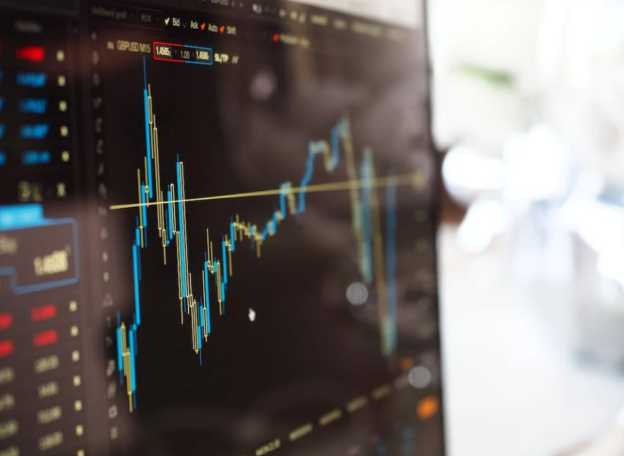Trading stocks can be an exciting and potentially rewarding venture, but it is important to understand the risks involved. While investing in the stock market offers opportunities for capital appreciation and wealth accumulation, it is not without its hazards. In this article, we will explore the various risks associated with trading stocks, helping you make informed decisions and mitigate potential losses.
Market Volatility
One of the primary risks in stock trading is market volatility. Stock prices can fluctuate significantly due to various factors such as economic conditions, geopolitical events, company news, and investor sentiment. This volatility can lead to substantial price swings, making it challenging to predict short-term market movements accurately.
Loss of Capital
Trading stocks inherently involves the risk of losing capital. It is possible to experience losses if stock prices decline or if investments are not well-chosen. The value of a stock may decrease due to poor company performance, industry disruptions, regulatory changes, or other unforeseen events. It is crucial to carefully analyze investments and manage risk accordingly to mitigate potential losses.
Lack of Diversification
Investors who do not diversify their portfolios adequately expose themselves to higher risks. Concentrating investments in a few stocks or industries can leave investors vulnerable to specific risks associated with those particular assets. By diversifying across different sectors, industries, and asset classes, investors can reduce the impact of adverse events on their portfolios.
Liquidity Risks
Liquidity risk refers to the possibility of not being able to buy or sell stocks quickly at desired prices. Some stocks may have low trading volumes, resulting in wider bid-ask spreads and potential difficulty in executing trades. Illiquid stocks can make it challenging to exit positions swiftly, particularly during times of market stress. It is essential to consider liquidity when selecting stocks for trading.
Emotional Bias
Trading stocks can evoke strong emotions such as fear and greed, which can lead to irrational decision-making. Emotional bias can result in impulsive trading, chasing trends, or holding on to losing positions longer than necessary. It is crucial to maintain a disciplined approach, follow a well-defined strategy, and avoid making impulsive decisions based on short-term market movements or emotional impulses.
Financial Leverage
Trading stocks using borrowed funds, or margin trading, amplifies both potential gains and losses. While leverage can magnify profits, it also increases the risk of substantial losses if trades go against expectations. Margin calls can force investors to close positions at unfavorable prices, leading to significant losses and potential debt obligations. Proper risk management and understanding of leverage are crucial when trading on margin.
Systemic Risks
Systemic risks refer to broader market risks that affect all stocks, such as financial crises, economic recessions, or political instability. These events can trigger widespread market declines and negatively impact stock prices across various sectors. While individual stock selection and diversification can mitigate some risks, systemic risks are challenging to predict and can have a significant impact on investment portfolios.
Information and Analysis Risks
Insufficient information or inadequate analysis can lead to poor investment decisions. Trading stocks requires thorough research, including analyzing financial statements, understanding industry dynamics, and staying updated on relevant news and events. Failing to conduct proper due diligence can result in investing in companies with weak fundamentals or falling victim to market manipulation or scams.
Trading stocks offers opportunities for capital growth, but it is essential to understand and manage the associated risks. Market volatility, potential loss of capital, lack of diversification, liquidity risks, emotional biases, financial leverage, systemic risks, and information risks are among the primary hazards faced by stock traders. By being aware of these risks and implementing sound risk management strategies, investors can navigate the stock market more effectively and increase their chances of achieving their financial goals. It is crucial to conduct thorough research, seek professional advice if needed, and maintain a disciplined approach to trading stocks.

